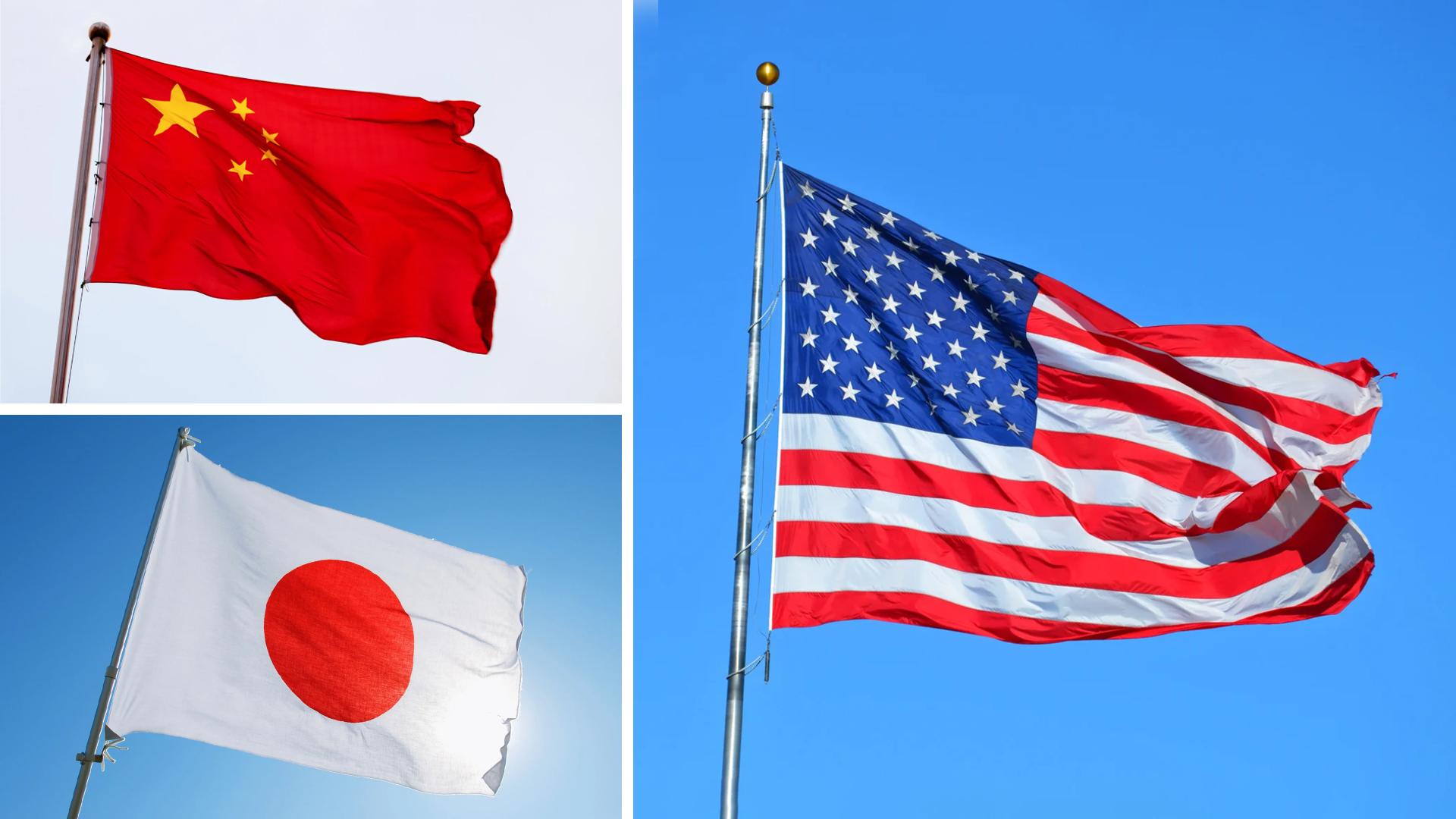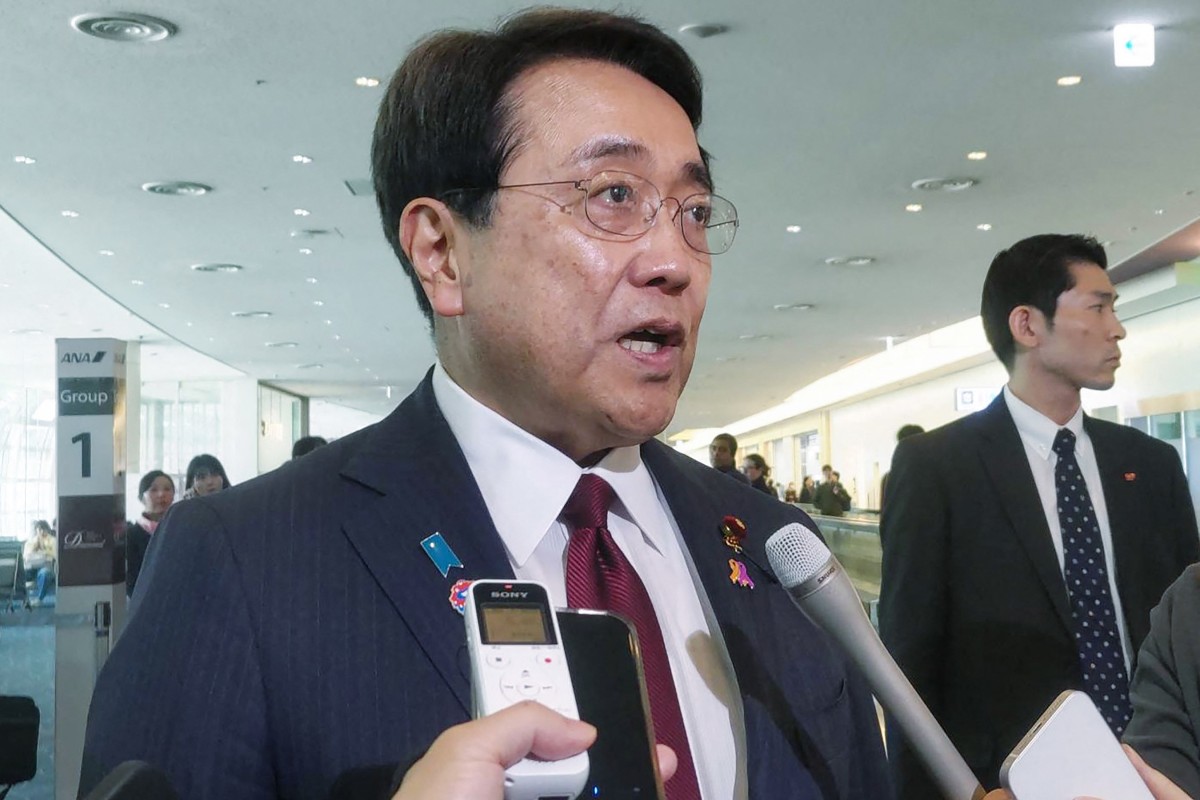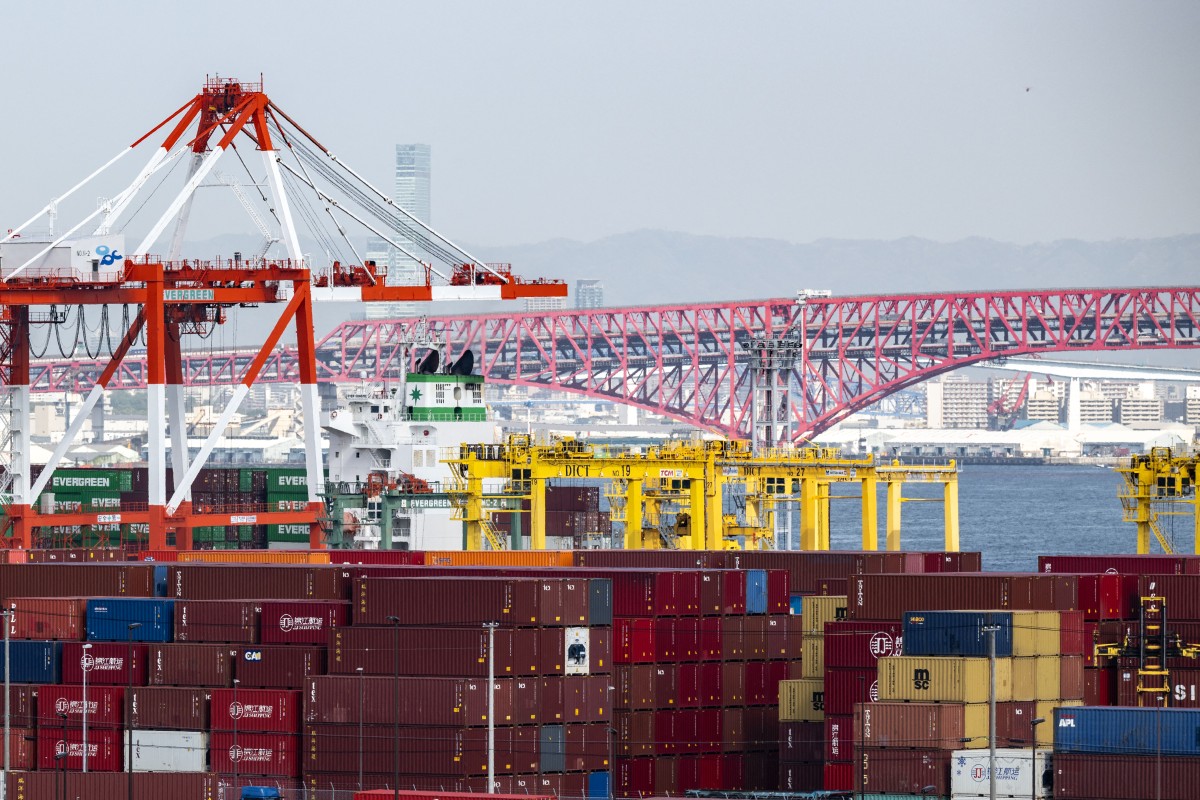
By Agence France-Presse
China said on Wednesday, April 16, that it had appointed a new trade envoy, as the world’s second-largest economy pushes back against U.S. President Donald Trump’s swingeing tariffs on imports that sent global markets tumbling.
Li Chenggang has assumed the role of representative for international trade negotiations and vice minister of commerce, Beijing’s human resources ministry said in a statement on its website.
Li, 58, previously served as Beijing’s ambassador to the World Trade Organization and deputy permanent representative to the United Nations in Geneva, Switzerland, according to an official biography.
He boasts decades of experience in various trade ministry roles and holds law degrees from China’s Peking University and Germany’s University of Hamburg.
He replaces Wang Shouwen, the ministry statement said. Wang took part in talks that led to a 2020 trade deal between China and the United States.
Beijing and Washington have been locked in a high-stakes game of brinkmanship since Trump launched a global tariff assault that has particularly targeted Chinese imports.
Tit-for-tat retaliation has pushed U.S. levies imposed on China to 145 percent and Beijing’s toll on American goods to 125 percent.
China said Wednesday that its economy grew by 5.4 percent year-on-year in the first quarter, beating expectations even as officials warned that US tariffs were exerting “certain pressures”.

Japan tariff envoy seeks ‘win-win’ deal with US
Meanwhile, Tokyo’s envoy for U.S. tariff talks left for Washington on Wednesday (April 16) saying he was confident of a “win-win” outcome while protecting Japanese national interests.
Analysts said the outcome of Ryosei Akazawa’s visit could set the template for other countries’ negotiations with President Trump’s administration.
“I am confident that we will be able to build a relationship of trust and conduct good negotiations that will lead to a win-win relationship,” economic revitalisation minister Akazawa, told reporters.
Despite being the biggest investor into the United States, Japan has still been pinched by steep levies imposed by Trump on imports of cars, steel and aluminium. Earlier, he paused his “reciprocal” duty of 24 percent on Japan, along with differing tariffs on most other nations.
Akazawa will meet Treasury Secretary Scott Bessent and Trade Representative Jamieson Greer later Wednesday. Purchases of U.S. defense hardware and natural gas from Alaska could be on the table during the negotiations, analysts said.
The minister, who studied at a U.S. university and is close to Prime Minister Shigeru Ishiba, said he wants to “protect our national interests” in talks with Bessent and Greer, who are “fond of Japan”.

High-risk, high stakes affair
The Daiwa Institute of Research warned on Wednesday that Trump’s reciprocal tariffs could cause a decline of 1.8 percent in Japan’s real GDP by 2029.
U.S. officials are also set to hold talks with South Korea and others, but Stephen Innes at SPI Asset Management called the discussions with Japan a “canary in the tariff coal mine.”
“If Japan secures a deal, even a half-baked one, the template is set. If they walk away empty-handed, brace yourself. Other nations will start pricing in confrontation, not cooperation,” Innes wrote in a newsletter.
And “don’t forget the elephant in the vault: Japan’s still the biggest holder of U.S. Treasuries. And that, my friend, is a whole lot of leverage,” he added.
Top Japanese officials, including Ishiba, have brushed aside claims that Tokyo may have deliberately created volatility in the U.S. Treasury market to force Trump’s pause of reciprocal tariffs, saying that is not what allies would do.
